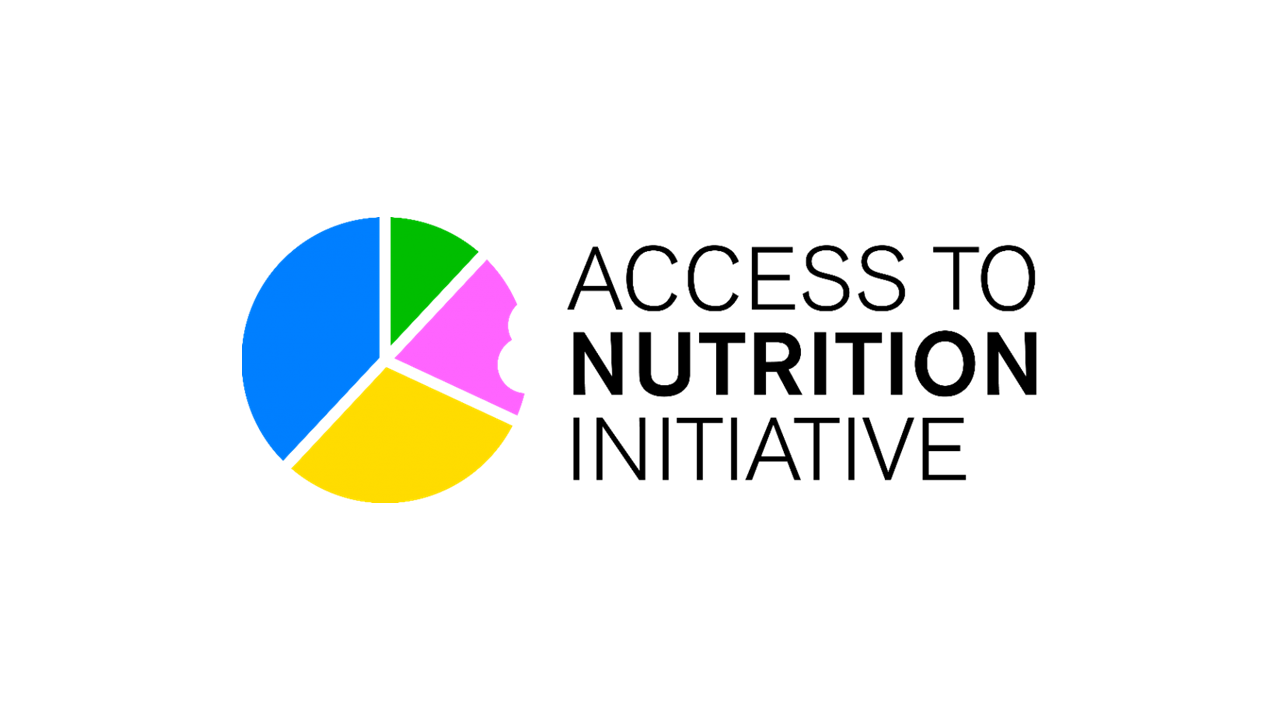ISDI statement on the ATNI Breast-Milk Substitutes and Complementary Foods Marketing Indexes 2024
ISDI and its members support ATNI’s mission to accelerate sustainable access to nutritious and affordable foods, as well as its vision of a world where markets contribute to nutritious and affordable diets for all.
For infants and young children during the first years of life, access to nutrition is critical: healthy infants and young children require age-appropriate nutrient intake to meet their needs for optimal growth and brain development. Nevertheless, the socioeconomic environment and cultural realities are different across countries.
Whilst we share ATNI’s objective to improve the nutritional status of infants and young children, we urge ATNI to consider compliance of marketing practices with evolving applicable legislation and regulations, as well as individual company policies and commitments. We do not believe the assessment of companies’ marketing practices solely based on the WHO’s International Code of Marketing of Breast-milk Substitutes and subsequent WHA resolutions (WHO Code) to be an effective mechanism for achieving healthy nutritional targets.
The WHO Code indeed consists of a set of recommendations directed to member states to translate, as appropriate, into local legislation, regulations or other suitable measures based on their national context and public health objectives. ISDI and its members are committed to ethical and responsible marketing and support the aims and objectives of the WHO Code.
Countries are, however, best placed to determine what is appropriate within their national context and according to their public health objectives. The marketing of breast-milk substitutes and complementary foods should, therefore, be assessed against national laws and regulations, which are the only legitimate instrument against which marketing should be benchmarked.
The 2024 ATNI Breast-Milk Substitutes and Complementary Foods Indexes represent a missed opportunity to address company efforts to improve health outcomes for infants and young children. Furthermore, by assessing non-compliance in absolute figures instead of in proportion to a company’s total portfolio and attributing third-party (e.g. retailers and social media) non-compliance to the companies, the Indexes do not provide a fair comparison between companies. This assessment does not help to strengthen a regulatory framework that supports the ultimate goal of improving access to nutrition during the critical early years of life.
The infant and young child nutrition industry remains committed to addressing nutritional challenges, providing high quality, safe and age-appropriate nutrition for infants and young children, and supporting education on healthy nutrition. Together with our members, we are ready to work together with all stakeholders to support the health, wellbeing and optimal nutrition for infants and young children.
For more information, read the ISDI position on the methodology for the ATNI 2024 index on Breast-milk Substitutes and Complementary Foods.
Note to the editors:
ISDI is the leading international expert association on special dietary foods, including foods specifically designed for infants and young children. ISDI members are national and international associations that are active in this sector from more than 20 countries over 6 continents. Our members manufacture and market foods that are formulated, in accordance with applicable Codex Alimentarius standards, to meet the compositional criteria, quality requirement and nutritional needs of infants and young children.
Further Contact:
Jean Christophe Kremer
ISDI Secretary General
M: +32 476 82 03 90
E: secretariat@isdi.org

